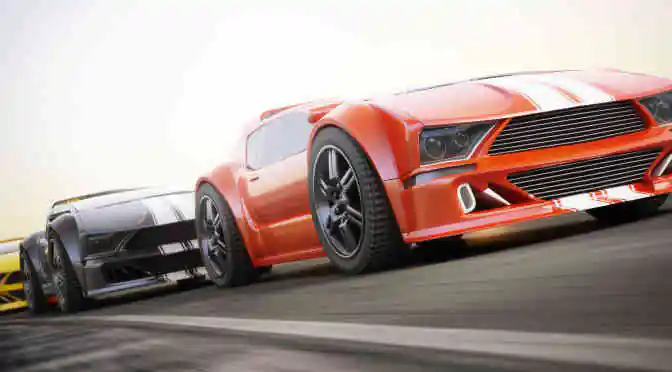Motorsports is a high-tech industry which encompasses the organization of competitive race events of motorized vehicles like custom cars, trucks, motorcycles, go-carts, boats, snow mobiles, literally anything that runs on a propulsion medium and catches the fancy of racers and fans alike. The roar of the engines, unmistakable whiff of gasoline, the beauty of the designs, burning rubber and the checkered flag, motor racing taps into the primal sensation that have excited engineers and thrill seekers for generations.
Challenges faced by the motorsport industry
Aside from its instant appeal, motorsport also signifies a range of challenges that the participating stakeholders can face. Motor racing is factually a matter of life or death and so demands ultra-high precision in all the employed design and operations. Plus, the declining viewership, intense competition from other sports, and the rising concerns over environmental impact generates a unique set of constraints that motorsport companies need to overcome.
For example, when cigarette companies were banned from sponsoring motoring events, a major revenue generator for the sport was lost. Sports teams too protested, stating that their R&D is heavily dependent on sponsorship money, and the ban would most likely cripple a wide selection of motoring teams. Regulations, have always sprung up as challenges for the motoring fraternity to face.
Full speed ahead : Countering obstacles with innovation
In order to counter challenges, thousands of researchers, engineers, and scientists around the globe are at work to advance the future of motorsports by inventing solutions that are eco-friendly, cost-effective and scalable. The motorsport industry is dynamic in the way it adopts new technologies in terms of the vehicles and the broadcasting setup.
With the introduction of the new segment of racing called Formula E, companies are hopping aboard the electric powertrains and cutting short their carbon footprints. Further, the industry has been implementing new formats of broadcasting to engage more viewers. Official applications, pay-per-view, YouTube channel, Facebook, Twitter and other social media platforms are widely being used to broaden the reach.
Technologies such as augmented reality (AR) and virtual reality (VR) are helping viewers get more involved in the races by experiencing real-time videos from various camera feeds both from the cars and the tracks. Apart from these, big data analytics has emerged as a vital tool to maintain accuracy and ultra-high precision by significantly analyzing data and suitably devising promotional and presentation strategies.
Finally, though the money from cigarette companies isn’t forthcoming, the motorsport industry is still way ahead of the pack in terms of its sponsorship appeal. Most active categories involved in sponsoring motor racing events are automotive, nonalcoholic beverages, fuel and motor oil, luxury auto import, tyres, financial undertakings, alcoholic beverages, air travel and automotive aftermarket.
Stay in the race with comprehensive market insights
Motorsports is heavily dependent on insights and information, with the participants sparring no expense to shave off a thousandth of a second, through insights and predictive inferences. At Technavio, an expert team of analysts have done just that, compiling rich insights into the global motorsport market in one expert market research report.



